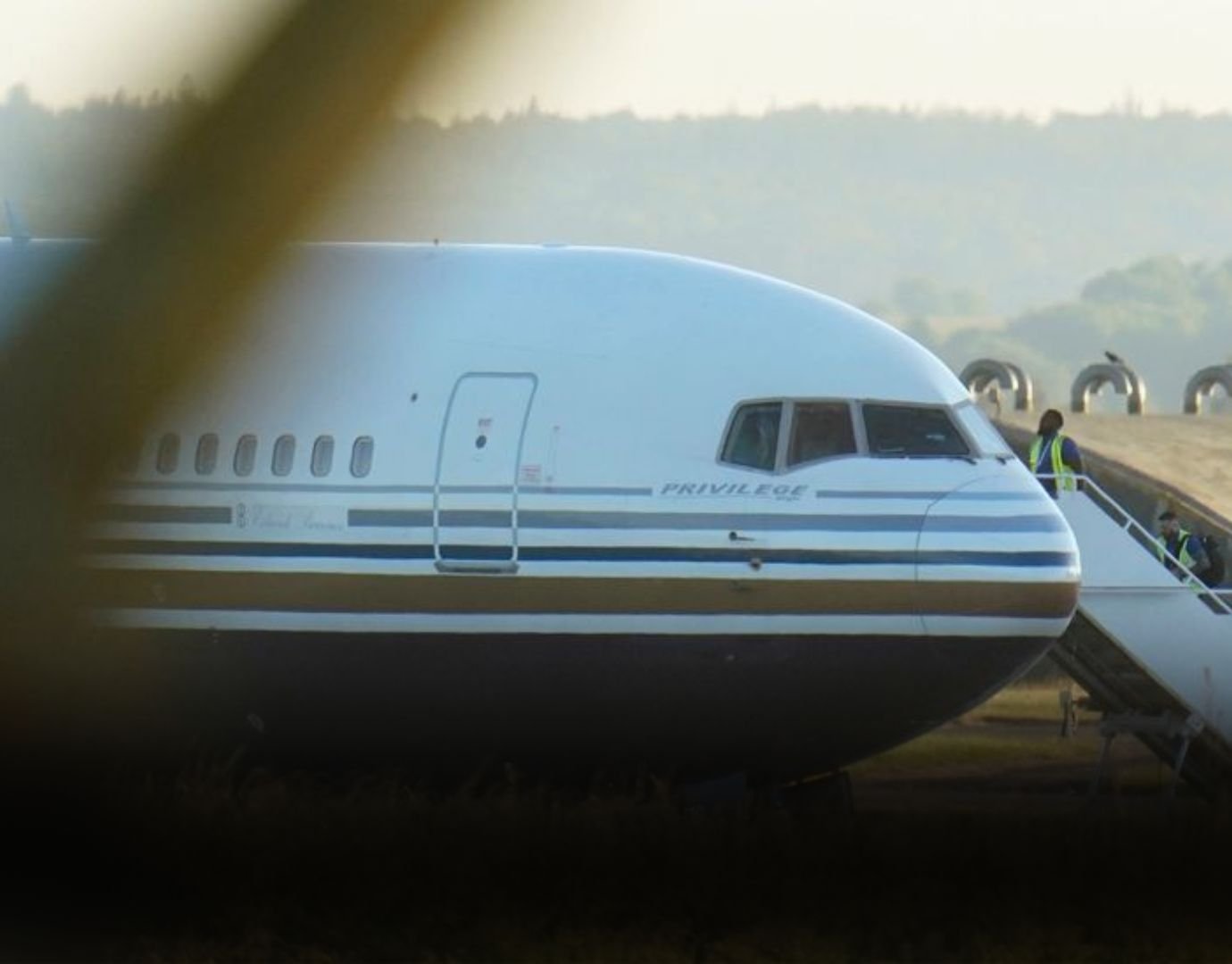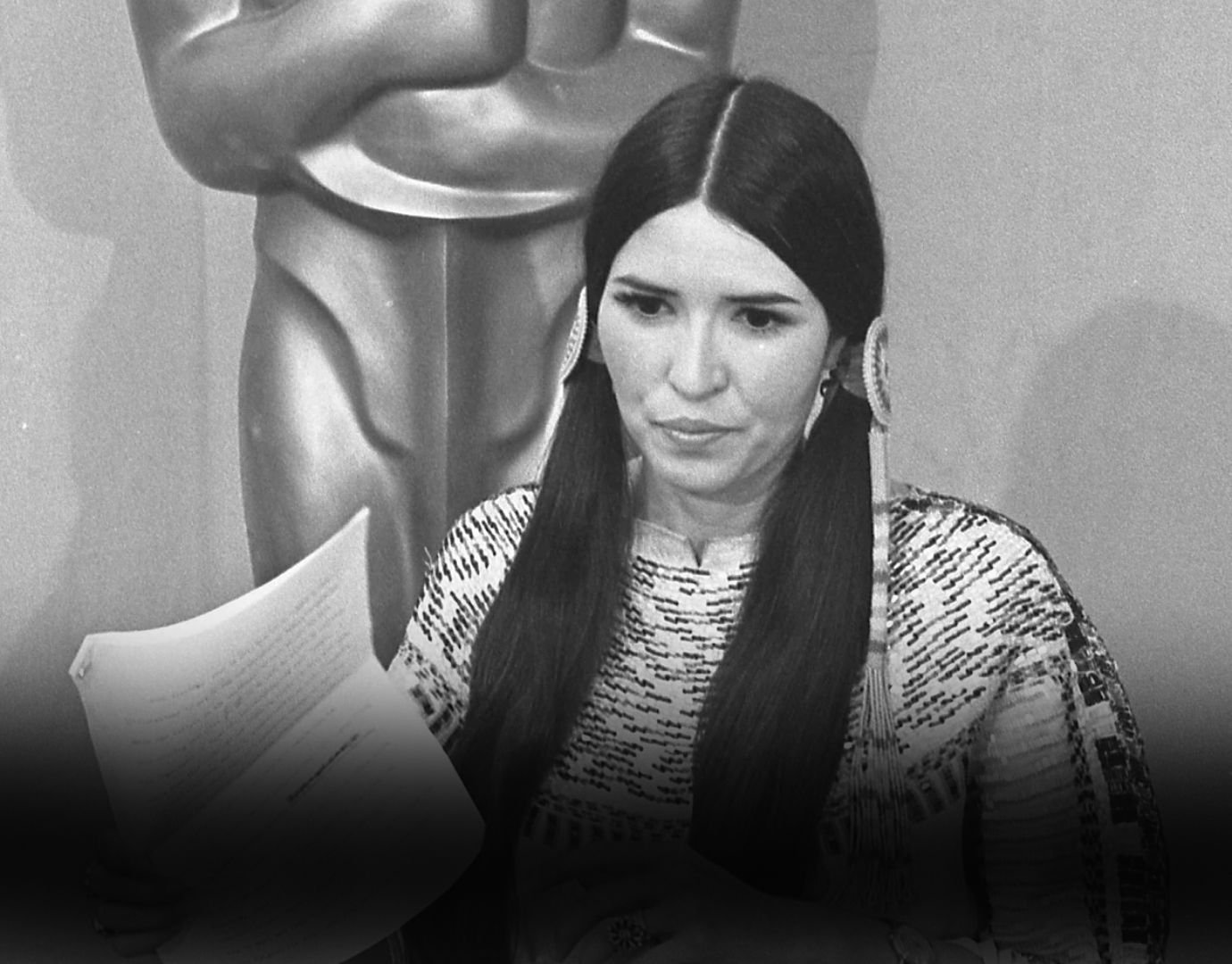Officials in the UK who supported sending asylum seekers to Rwanda were advised by their own counsel that the country’s regime executes and tortures political opponents.
Weeks prior to Britain sending asylum seekers to Africa, the warning was sent.
A government report on Rwanda’s human rights record was contested by the advisor.
More attempts by the government to keep comments private are being contested in court.
The content is sought after by the Times, the Guardian, and three media outlets: BBC News, including Newsnight on BBC Two.
First Rwandan flight was grounded in June after ECHR ruled that the London High Court must take removals procedure into consideration. hearing scheduled for next month.
On Tuesday, the government asked the High Court to strike 11 FCDO remarks about Rwanda from the case.
The anonymous expert in African issues was requested by FCDO officials to assess a draught of Rwanda’s “Country Policy and Information Note.”
This report on the nation’s human rights record is available to the public and was updated while the Rwanda flight plan was considered.
Two weeks after the proposal was public, on April 26, the reviewer wrote an email to coworkers questioning the tone and veracity of the report.
The official stated in an email to Lord Justice Lewis that “there are state control, security, and surveillance institutions from the national level down… Political opposition is not permitted and arbitrary imprisonment, torture, and even killings are recognised means of exerting control.”
The media’s attorney, Jude Bunting QC, claimed that the evidence that was withheld from the reviewer was probably the most damning regarding Rwanda.
This policy is sensitive, he declared.
The evidence that was available to the [government] at the time the decisions in question were made, as well as the justifications for moving forward, must be understood by the public.
If any of the information needs to be kept secret, Lord Justice Lewis will make that determination.
The High Court heard last month that Whitehall officials initially removed Rwanda from the list of potential partners in the transfer of refugees.
An agreement with Rwanda would restrict what the UK could say about its record, Dominic Raab, the then-foreign secretary, was forewarned.
Release of portions of the independent reviewer’s response, according to Neil Sheldon QC representing the Home Office, could have an impact on international relations and national security.
A person would be transferred to Africa to apply for asylum if they entered the UK through “illegal, hazardous, or unnecessary” means, such as small boats or automobiles.
According to the Home Office, Rwanda would get additional funding as it took on more cases.
The “world-leading scheme,” according to Prime Minister Boris Johnson, will “save countless lives” by apprehending “vile people smugglers.”
This year, more over 13,000 people have crossed from France, with 8,000 of those coming after the Rwanda policy started.
After the initial flight to Rwanda was cancelled, Priti Patel declared she wouldn’t let that stop her from “doing the right thing.” She told the MPs that she thought the law and the policy were “fully coherent.”
The Church of England, opposition MPs, and refugee advocacy groups have all criticised the restrictions.
According to the government, migrants will have “full protection under Rwandan law, equal access to employment, and enrolment in healthcare and social care services.”



















